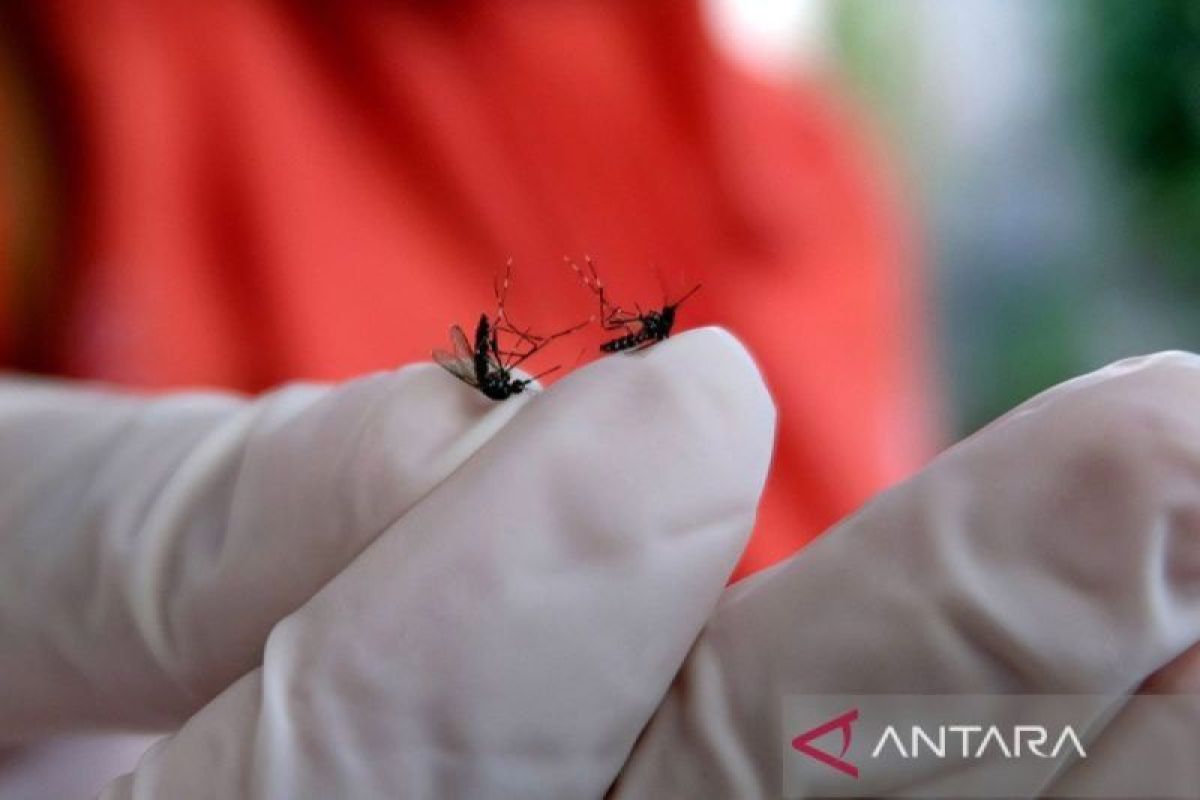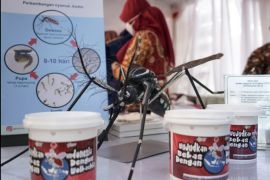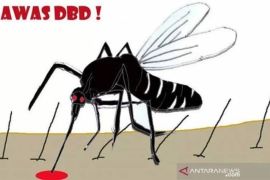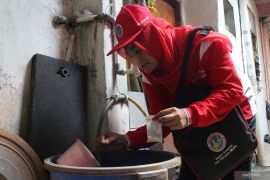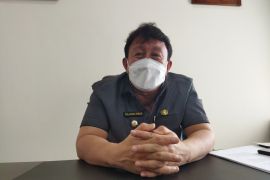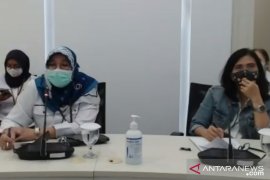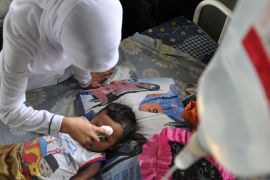The trials will be conducted within the next five years to thwart the spread of dengue hemorrhagic fever (DHF).
Director of Prevention and Control of Infectious Disease of the ministry, Imram Pambudi, stated in Batam, Thursday, that Wolbachia mosquitoes have been currently introduced in five cities: West Jakarta, Bandung in West Java, Semarang in Central Java, Bontang in East Kalimantan, and Kupang in East Nusa Tenggara (NTT).
"Our target is that in the next five years, there will be at least around 230 districts and cities that we are targeting as locations for Wolbachia. These are areas with high rates of dengue cases," Pambudi remarked.
He explained that the trial release of Wolbachia mosquitoes to suppress dengue cases in Batam, Riau Islands, was not necessary owing to anomalies in such cases reported in the local area as compared to other areas.
DHF cases continue to increase every year in other areas, while in Batam, the number of people exposed to DHF has decreased since the 2022-2023 period.
"In 2023, the Batam City Health Office recorded 376 cases of dengue fever. Meanwhile, in 2024, there are 181 cases. Hence, at this stage, there is no need for the Wolbachia mosquito (release) method," he stated.
He explained that Indonesia is not the only country that uses Wolbachia mosquito technology, as countries such as Singapore, Vietnam, Brazil, and Australia have also applied the method.
"Mosquitoes carrying Wolbachia are not only found in Indonesia but have also been proven to be effective in several countries," he remarked.
Pambudi explained the mechanism of working of the Wolbachia mosquito technology wherein Wolbachia-infected mosquitoes made it harder for the virus to reproduce inside the vector of Aedes aegypti mosquitoes. "Hence, when the mosquito bites someone again, it cannot transmit the dengue virus. This is how it works," Pambudi stated.
"However, mosquitoes with Wolbachia can only have an effect if the population of Aedes aegypti mosquitoes with Wolbachia is more than 60 percent," he pointed out.
Related news: Vigilance key to successful dengue handling in children: Ministry
Related news: Jakarta govt preparing the release of Wolbachia-contained mosquitos
Translator: Jessica Allifia Jaya Hidayat, Cindy Frishanti Octa
Editor: Aditya Eko Sigit Wicaksono
Copyright © ANTARA 2024
